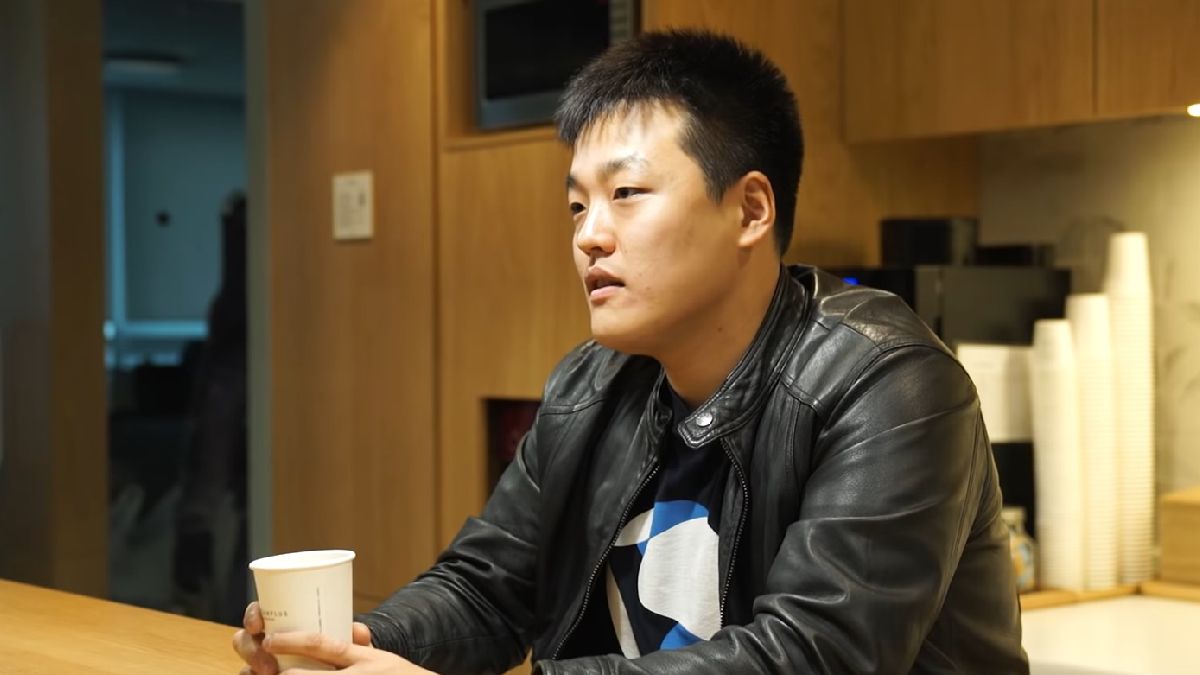The US Securities and Exchange Commission agreed to delay a civil trial against Terraform Labs and co-founder Do Kwon for allegedly orchestrating a $40 billion (roughly Rs. 3,32,329 crore) cryptocurrency fraud, so that Kwon can be extradited and attend.
In a Monday filing in Manhattan federal court, the SEC said a “modest” adjournment of the January 29 trial was justified, based on statements from Kwon’s lawyer that Kwon wanted to attend, agreed to extradition from Montenegro, and could be in the United States by mid-March.
It also opposed separate trials for Terraform and Kwon, saying the cases were virtually the same, and that two trials would unnecessarily require whistleblowers and ordinary retail investors to testify twice.
US District Judge Jed Rakoff will decide whether to move the trial date. The SEC asked for April 15, to accommodate scheduling conflicts.
Kwon’s lawyer sought a delay until at least March 18, and on Monday said he would not seek further adjournments even if Kwon were unable to attend on the new date.
The case stems from the collapse of TerraUSD, a “stablecoin” designed to maintain a constant $1 price, and Luna, a more traditional token closely linked to TerraUSD.
Both cryptocurrencies lost an estimated $40 billion or more when TerraUSD in May 2022 proved unable to maintain its $1 peg.
The SEC said Terraform and Kwon deceived investors about the stability of TerraUSD, and how a popular Korean mobile payment app used the Terraform blockchain to settle transactions.
Last month, Rakoff ruled that Terraform and Kwon violated US law by failing to register TerraUSD and Luna.
Kwon also faces related US criminal charges, and an extradition request from his native South Korea. He was arrested in Montenegro last March.
The case is SEC v Terraform Labs Pte Ltd et al, US District Court, Southern District of New York, No. 23-01346.
© Thomson Reuters 2024
Check out our Latest News and Follow us at Facebook
Original Source

